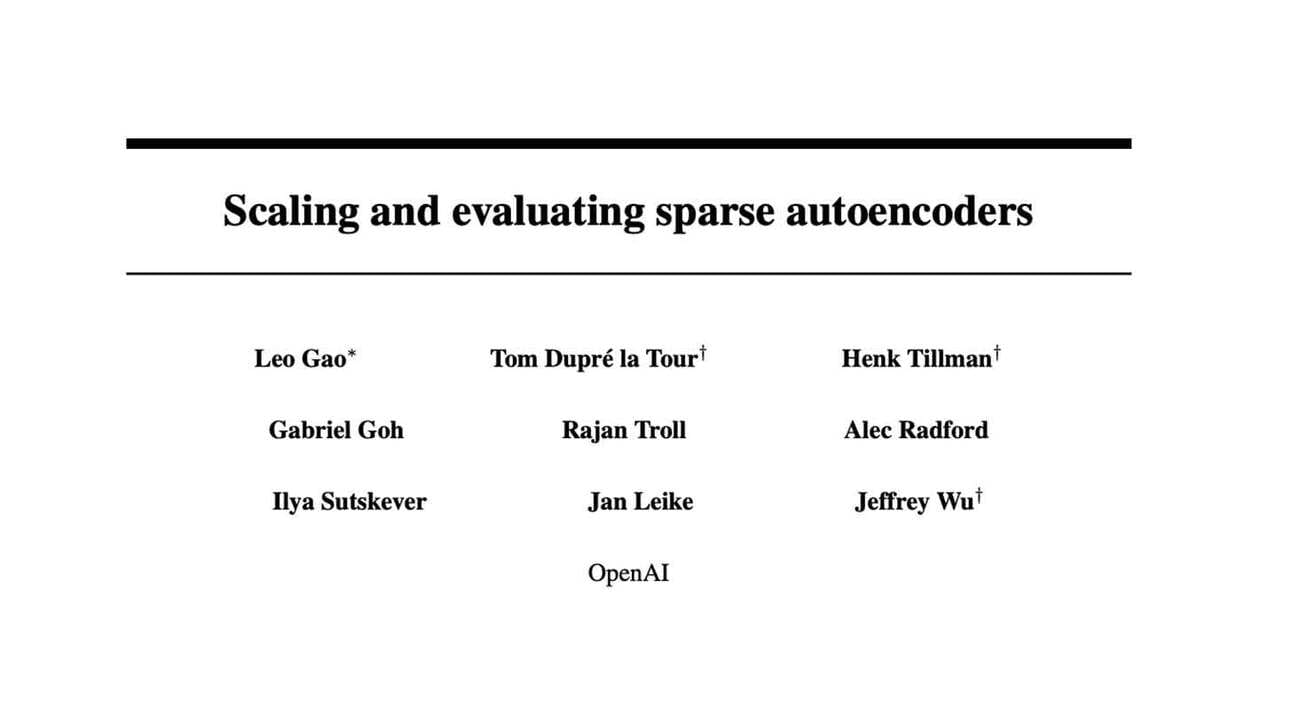Sign Up | Advertise | Tools | AI University
Welcome, AI enthusiasts.
The AI world anxiously awaits the public arrival of OpenAI’s Sora — but a Chinese firm’s newly released model is already kicking the text-to-video race into high gear.
Kuaishou’s KLING is here, and the mind-blowing demos show that we’ve come a LONG way from the days of Will Smith’s spaghetti dinner. Let’s dive deeper…
In today’s AI rundown:
Kuaishou launches new Sora rival
ByteDance’s AI chip loophole
Run your code with Mistral’s new model
OpenAI probes GPT’s inner workings
6 new AI tools & 4 new AI jobs
More AI & tech news
Read time: 4 minutes
LATEST DEVELOPMENTS
KUAISHOU

Image source: Kuaishou
The Rundown: Chinese tech firm Kuaishou just introduced KLING, a new text-to-video AI model capable of generating high-quality videos up to 2 minutes long with outputs that appear to rival OpenAI’s still-unreleased Sora.
The details:
KLING can produce videos at 1080p resolution with a maximum length of 2 minutes, surpassing the 1-minute Sora videos demoed by OpenAI.
KLING’s demos include realistic outputs like a man eating noodles and scenic shots, as well as surreal clips like animals in clothes.
The model uses a 3D space-time attention system to simulate complex motion and physical interactions that better mimic the real world.
The model is currently available to Chinese-based users as a public demo on the KWAI iOS app.
Why it matters: These generations are even more mind-blowing when you consider that Will Smith’s spaghetti-eating abomination was barely a year ago. With users still anxiously waiting for the public release of Sora, other competitors are stepping in — and the AI video landscape looks like it’s about to heat up in a major way.
TOGETHER WITH BRAVE
The Rundown: Equip your AI applications with the info they need to deliver accurate, relevant, and engaging results using Brave Search API — a powerful alternative to more expensive options like Bing.
With Brave Search API, you can:
Tap into a constantly growing index of over 20B web pages
Train your models with data generated by real human interactions
Benefit from a user-friendly data structure that simplifies integration
Get started with 2,000 free queries per month and give your AI the knowledge it needs to excel.
BYTEDANCE

Image source: ByteDance
The Rundown: TikTok parent company ByteDance is renting advanced Nvidia AI chips and using them on U.S. soil, exploiting a loophole to sidestep restrictions on China’s AI chip exports.
The details:
Due to national security concerns, the U.S. government prohibits Nvidia from selling AI chips like the A100 and H100 directly to Chinese companies.
The restrictions don't prevent Chinese firms from renting chips for use within the U.S. — ByteDance is allegedly leasing servers with chips from Oracle.
ByteDance reportedly had access to over 1,500 H100 chips and several thousand A100s last month through the Oracle deal.
Other Chinese giants like Alibaba and Tencent are also reportedly exploring similar options, either renting from U.S. providers or setting up US data centers.
Why it matters: The AI race between the U.S. and China is only escalating — and it appears major players are going to get AI chips by any means necessary. While the U.S. tries to stall its rival’s progress with restrictions, it feels like a game of whack-a-mole that won’t stop China from reaching its AI goals.
AI TRAINING

The Rundown: Mistral recently released a code-focused AI model that performs impressively across major coding benchmarks — a game-changer for programmers looking to enhance their workflows and productivity.
Step-by-step:
Sign up for a free account or log in at Mistral's Le Chat platform.
Select Codestral from the “Models” dropdown menu.
Input your coding prompt or question, and let Codestral generate code snippets.
Copy the code, head over to Replit’s Python Online Compiler, select “+ Create Repl” (if prompted), paste the code on the left side and press “Run”.
PRESENTED BY EVOLVECON AI
The Rundown: The EVOLVECON AI Awards provide a platform to honor individuals and companies who have made the biggest impact in artificial intelligence over the past year.
At EVOLVECON, you can:
Nominate the top AI innovators across 20 different categories
Join visionaries, innovators, and thought leaders Feb. 10-13 in Nashville, TN
Showcase your AI company to top decision-makers with sponsor and expo opportunities
Click here to nominate, register, or sponsor the EVOLVECON AI Awards. Snag an early bird discount now — limited spots remain.
AI RESEARCH

Image source: OpenAI
The Rundown: OpenAI just released a new paper detailing a method for reverse engineering concepts learned by AI models and better understanding ChatGPT’s inner workings.
The details:
The paper was authored by members of the recently disbanded superalignment team, including Ilya Sutskever and Jan Leike.
‘Scaling and Evaluating Sparse Autoencoders’ outlines a technique to ID patterns representing specific concepts inside GPT-4.
By using an additional model to probe the larger model, researchers found a way to extract millions of activity patterns for further exploration.
OpenAI released open-source code and a visualization tool, allowing others to explore how different words and phrases activate concepts within models.
Why it matters: Much like Anthropic’s recent “Golden Gate Claude” and corresponding research, AI firms are still working to understand what’s truly going on underneath the hood. Cracking AI’s black box would be a big step towards better safety, tuning, and controllability of rapidly advancing models.
NEW TOOLS & JOBS
🎵 Udio Audio Prompting - Upload a sound and let AI generate a song
🎥 Haiper AI Any-Frame - Make smooth animation between two input frames
🗃️ Riffo - AI file renaming and organization
💻 Pinokio - Install, run, and control AI models on your computer
✍️ Jenni AI - Supercharge your research paper with AI
🌏 BiRead - Transform any website content into bilingual text
📊 Harvey - Data Analyst
🧠 Meta - Applied AI Research Scientist - Reinforcement Learning
📣 DeepL - Corporate Communications Lead
🤝 Palantir Technologies - Enablement Partner
QUICK HITS
Alibaba’s open-source Qwen 2-72B model moved into the top spot on Hugging Face Open LLM Leaderboard, surpassing rivals Mixtral and Llama-3 across a range of benchmarks.
Meta launched a new AI assistant for businesses in WhatsApp, along with other AI tools aimed at supporting businesses with customer interactions and sales.
Nvidia’s market value surpassed $3T, with the AI chip leader soaring past Apple to become the world’s second-most valuable public company behind only Microsoft.
The U.S. government opened antitrust investigations into Microsoft, OpenAI, and Nvidia, with the FTC and DOJ reportedly focusing on monopolistic practices and investment scrutiny.
Jasper AI released Flash Diffusion, a new method for accelerating diffusion models, producing faster, higher-quality image generations while reducing computing costs.
Social platform Cara has grown from 40,000 to 650,000 users in the past week, with the artist-focused, anti-AI social media app seeing an inflow of traffic amid backlash against Meta’s AI policies.
THAT’S A WRAP
SPONSOR US
Get your product in front of over 600k+ AI enthusiasts
Our newsletter is read by thousands of tech professionals, investors, engineers, managers, and business owners around the world. Get in touch today.
FEEDBACK
How would you rate today's newsletter?
If you have specific feedback or anything interesting you’d like to share, please let us know by replying to this email.




